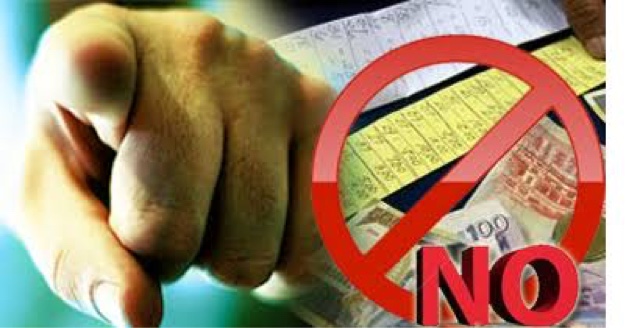House of Representatives Seeks to Revise the Anti-Carnapping Act
| A photo of carnapping taken from autocricket.com |
Last June 4, 2014, approved on second reading a bill purposely to revise the anti-carnapping act of the country.
The bill is known as House Bill (HB) Number 4544 entitled "Revised Anti-Carnapping Act.
Definition of a carnapping:
Carnapping is the taking, with intent to gain, of a motor vehicle belonging to another without the latter's consent, or by means of violence against or intimidation of persons, or by using force upon things.
Definition of a motor vehicle:
Motor vehicle is any vehicle propelled by any power other than muscular power using the public highways, but excepting road rollers, trolley cars, street-sweepers, sprinklers, lawn mowers, bulldozers, graders, fork-lifts, amphibian trucks, and cranes if not used on public highways, vehicles, which run only on rails or tracks, and tractors, trailers and traction engines of all kinds used exclusively for agricultural purposes. Trailers having any number of wheels, when propelled or intended to be propelled by attachment to a motor vehicle, shall be classified as separate motor vehicle with no power rating.
Present law penalizing carnapping:
A law penalizing carnapping is Republic Act Number 6539 or the Anti-Carnapping Act of 1972.
Salient features of R.A. No. 6539:
1. The crime is bailable. The accused has the right to post bond for his temporary liberty while his case is pending in court.
2. It provides a penalty of imprisonment of not less than 14 years and 8 months but not more than 17 years and 4 months for carnapping without violence against or intimidation of persons, or force upon things.
3. If the crime is committed through violence against or intimidation of person,,or force upon things, the penalty shall imprisonment of not less than 17 years and 4 months but not more than 30 years.
4. When the crime results in the death of the vehicle owner, driver or occupant, the penalty of life imprisonment to death shall be imposed. However, due to the moratorium on the imposition of death penalty, only life imprisonment shall be meted out.
5. Any person who violates any provision of this law shall be punished with imprisonment for not less than 2 years nor more than 6 years and a fine equal in amount to the acquisition cost of the motor vehicle, motor vehicle engine or any other part involved in thr violation.
That if thr person violating any provision of this law is a juridical person, the penalty shall be imposed on its president or secretary and/or members of thr board of directors or any of its officers and employees who may have directly participated in the violation.
Any government official or employee who directly commits thr unlawful acts defined in this law or is guilty of gross negligence of duty or connives with or permits thr commission of any of thr said unlawful act shall. In addition to thr penalty prescribed in the preceding paragraph, be dismissed from the service with prejudice to his reinstatement and with disqualification from voting or being voted for in any election and from appointment to any public office.
Salient features of HB No. 4544
1. The crime becomes non-bailable. The right to bail of the accused shall be denied when the evidence of guilt is strong.
2. It shall provide a penalty of imprisonment of not less than 20 years and 1 day but not more than 30 years of imprisonment when the carnapping is committed without violence against or intimidation of persons, or force upon things.
3. If the crime would be committed by means of violence against or intimidation of persons, or force upon things, an imprisonment of not less than 30 years and 1 day but not more than 40 years shall be imposed.
4. When the crime results in the death of the vehicle owner, driver or occupant, the penalty of life imprisonment to death shall be imposed.
5. The penalties for persons who help commit the crime of carnapping or hide it, like Land Transportation Office and police personnel who falsify clearances and registration papers of stolen vehicles shall be imprisoned for 6 years to 12 years and a fine equivalent to the acquisition cost of the motor vehicles.
If the offender is a government official or employee, he or she would suffer the additional punishment of dismissal and perpetual disqualification from any appointive or elective office.
Basically when the present law of anti-carnapping shall be amended by HB No. 4544, there would be an increased in the imprisonment penalties as compared to the existing anti-carnapping law. Moreover, it would remove the right of the bail to post bail as it would consider the act a non-bailable one.
The authors said they hoped that the increased penalties and the removal of the right to bail would discourage carjackers.
Sources: ABS-CBNnews.com, lawphil.net and congress.gov.ph

Comments
Post a Comment